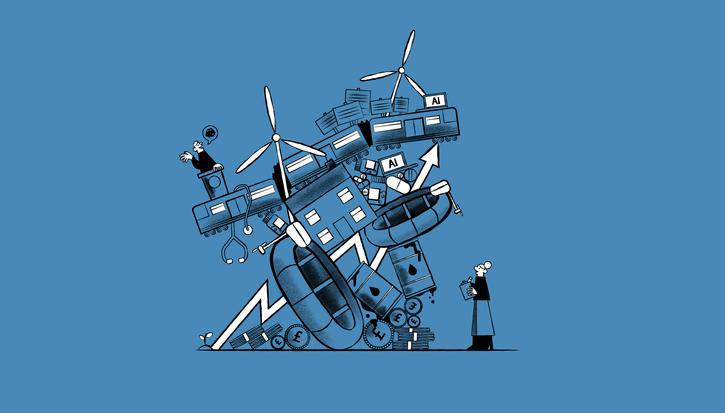Not cashless, but less cash: Economic justice and the future of UK payments
Article
The future will have less cash. By 2028, forecasts suggest that fewer than one in 10 UK consumer payments will be made using cash. The digital revolution in finance will transform our economy and shift the balance of economic power. The prospect of a fully cashless society remains beyond the horizon, but the actions of government, regulators and financial service providers in the immediate future will determine the course of this transition and crucially who stands to benefit from it. Change is needed to design a future economy that is both more digital, and more just.
To prepare for a just transition to a more digital economy, this report sets out three key areas for action:
- excellent financial services for all
- bringing workers and businesses into the formal economy
- democratising data and shaping an inclusive digital finance market.
There is a path to a digital economy that delivers not just greater prosperity, but also greater economic justice: where more people can access better payments and banking services, where the power of payments data is harnessed for public good, and where tax revenues are increased and employment protections strengthened for the most precarious workers. How we reimagine the world of personal finance, and for whose benefit, will shape the digital economy of the future. Action is needed now to ensure that future is hardwired for economic justice.
Related items

Bridge to the future: how to get the NHS through the winter and ready for reform
NHS staff across the country are gritting their teeth. Christmas parties have come and gone, but a more threatening annual tradition looms once again – the NHS ‘winter crisis’. This period, renowned for long waits and increased mortality,…
The great enabler: transport’s role in tackling environmental crises and delivering progressive change
In this special issue of IPPR Progressive Review we bring together leading political, academic and civil society thinkers to consider transport in modern Britain and its role in delivering a healthier, greener, more prosperous and…
The shape of devolution
How do we create transparent, fair and practical footprints for local power across England?